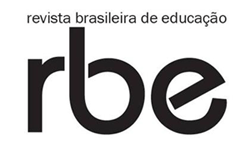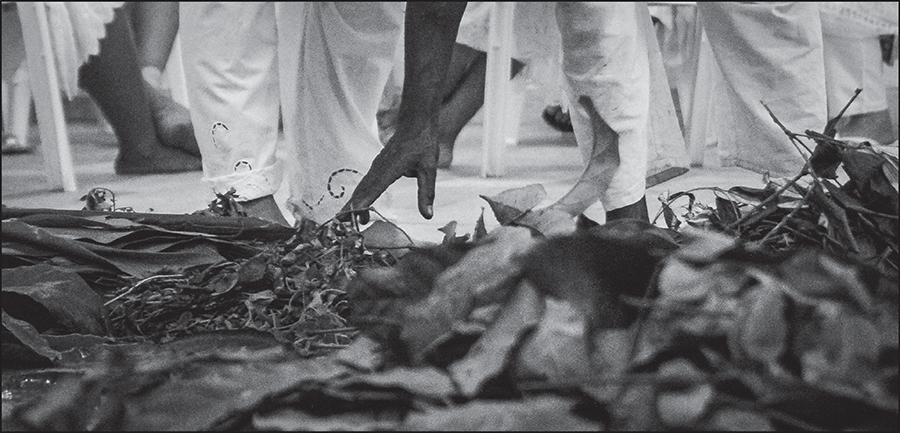ABSTRACT
The text presents some results of the research about how children and teenagers learn yorubá, a live African language practiced in candomblé in Brazil. The study developed in a candomblé yard at Baixada Fluminense, in Rio de Janeiro, between April, 2012 and September, 2013. We share the same comprehension with Alves (2010)Alves, N. A compreensão de políticas nas pesquisas com os cotidianos: para além dos processos de regulação. Educação & Sociedade, Campinas: CEDES, v. 31, n. 113, p. 1.195-1.212, out./dez. 2010., in his opinion, that the walls of schools are imaginary creations and we learn everything in or out of the schools, in other words, in an educating network. We understand that the candomblé yard is within this network through songs, foods, leaves, myths and artifacts. The yorubá to imbue for all this knowledge, as a language thread that lights, organizes and gives support to the communication of the community’s members. The research show us too that cultures knowledge, including one of their languages, may suggest traces of African history teaching, and reduce the religious intolerance in schools.
KEYWORDS
network educations; yorubá; African history; religious intolerance

 Photograph: Stela Guedes Caputo.Author's personal archives.
Photograph: Stela Guedes Caputo.Author's personal archives.
 Photograph: Stela Guedes Caputo.Author's personal archives.
Photograph: Stela Guedes Caputo.Author's personal archives.
 Photograph: Stela Guedes Caputo.Author's personal archives.
Photograph: Stela Guedes Caputo.Author's personal archives.
 Photograph: Stela Guedes Caputo.Author's personal archives.
Photograph: Stela Guedes Caputo.Author's personal archives.
 Photograph: Stela Guedes Caputo.Author's personal archives.
Photograph: Stela Guedes Caputo.Author's personal archives.
 Photograph: Stela Guedes Caputo.Author's personal archives.
Photograph: Stela Guedes Caputo.Author's personal archives.
 Photograph: Stela Guedes Caputo.Author's personal archives.
Photograph: Stela Guedes Caputo.Author's personal archives.
 Photograph: Stela Guedes Caputo.Author's personal archives.
Photograph: Stela Guedes Caputo.Author's personal archives.
 Photograph: Stela Guedes Caputo.Author's personal archives.
Photograph: Stela Guedes Caputo.Author's personal archives.